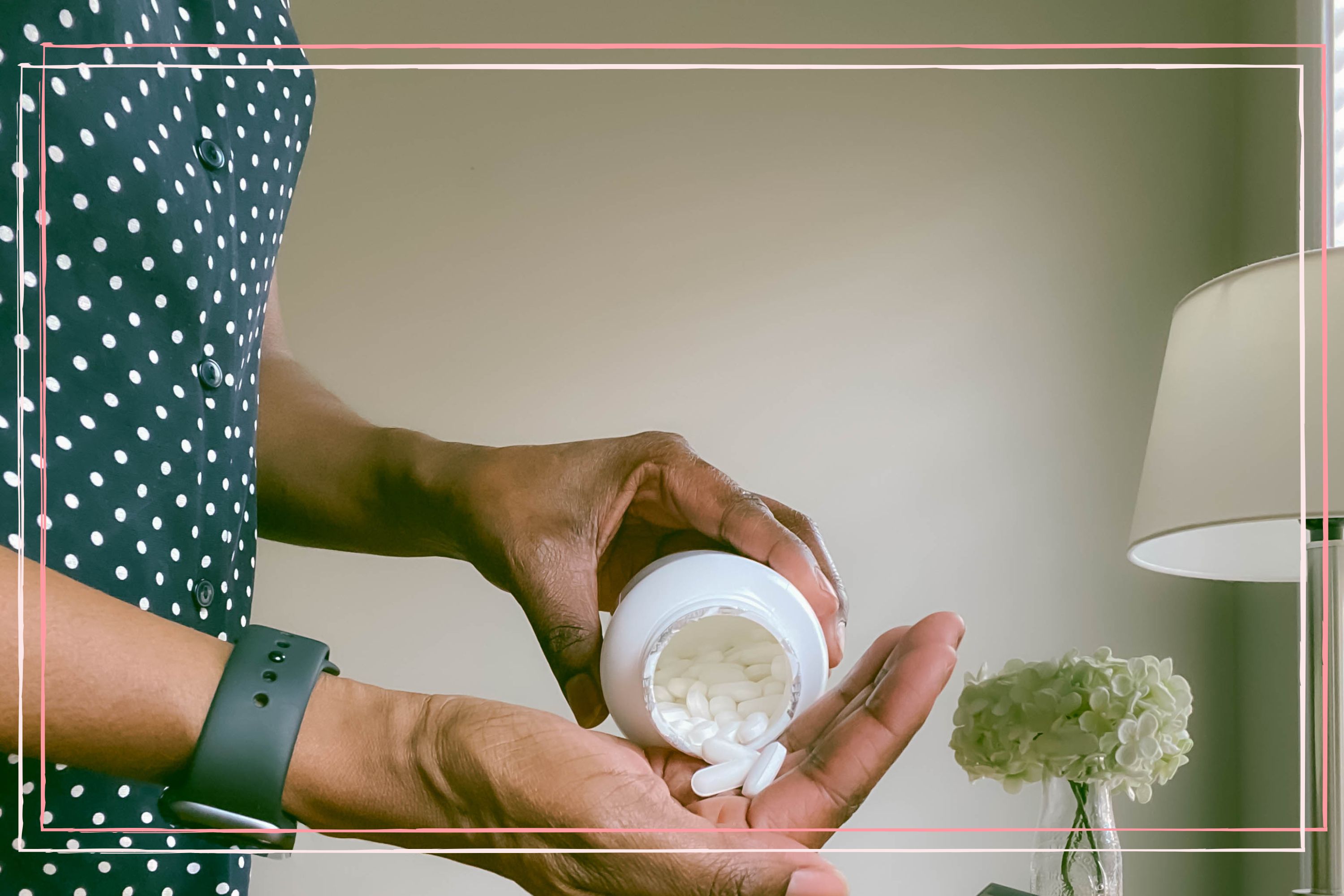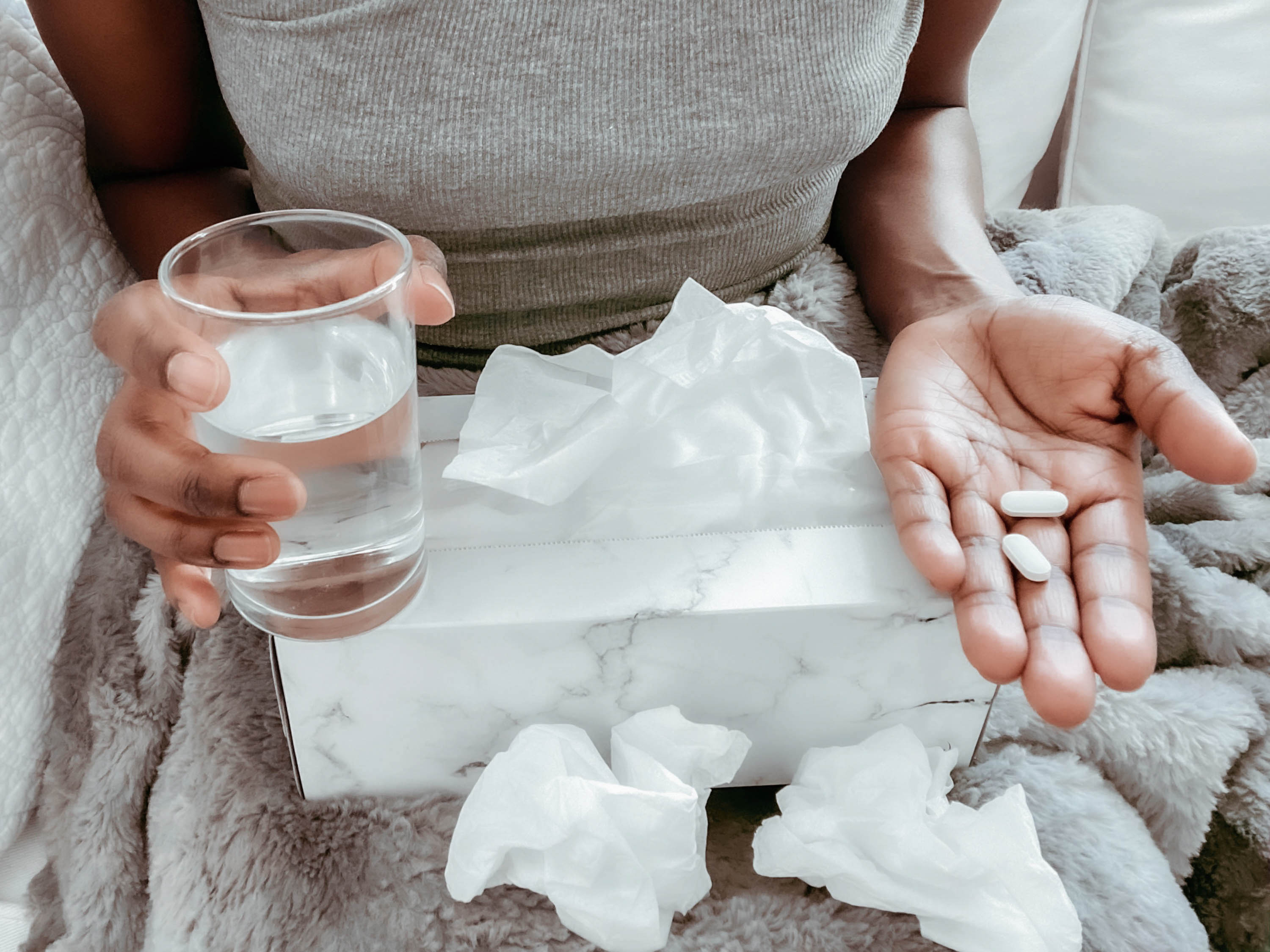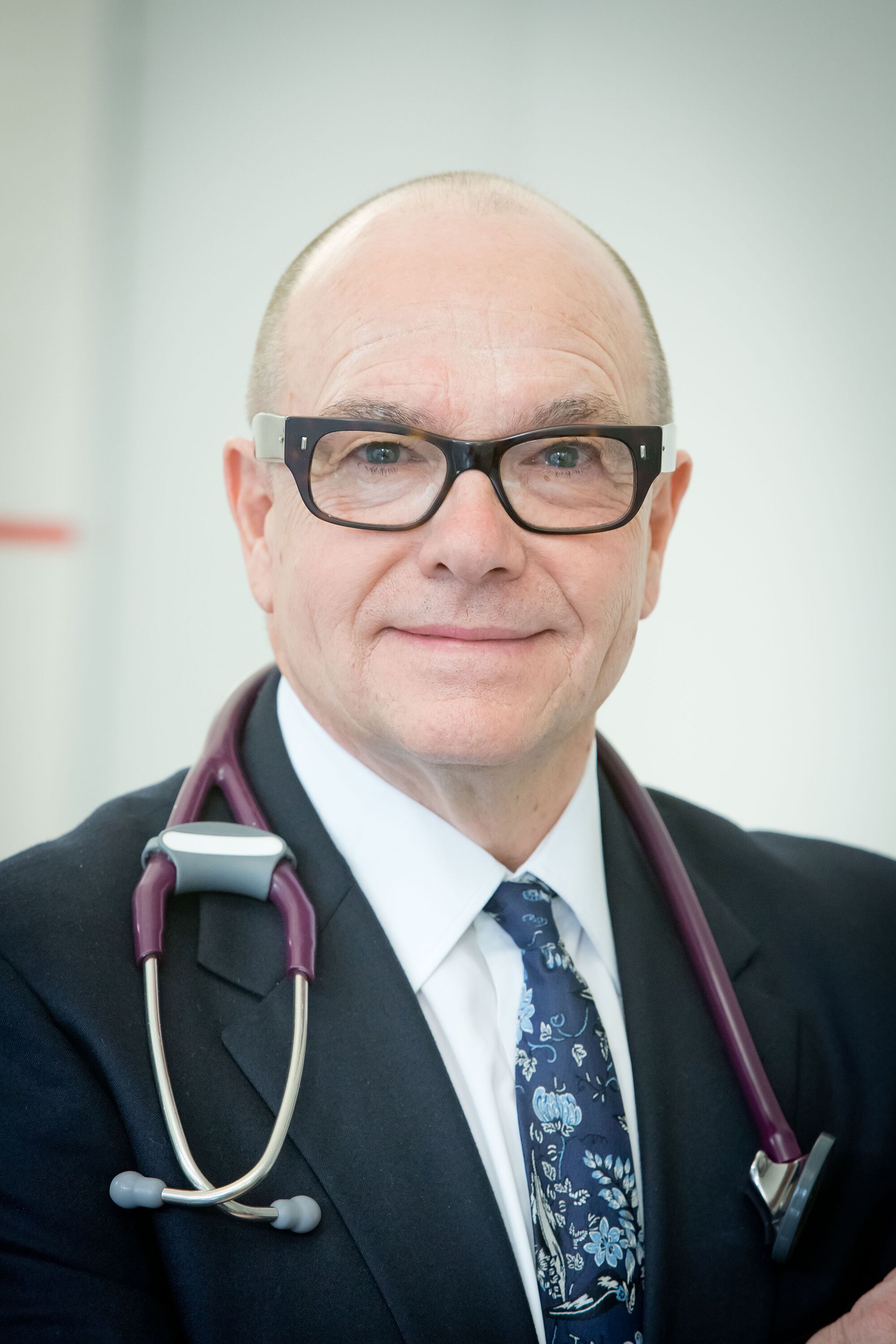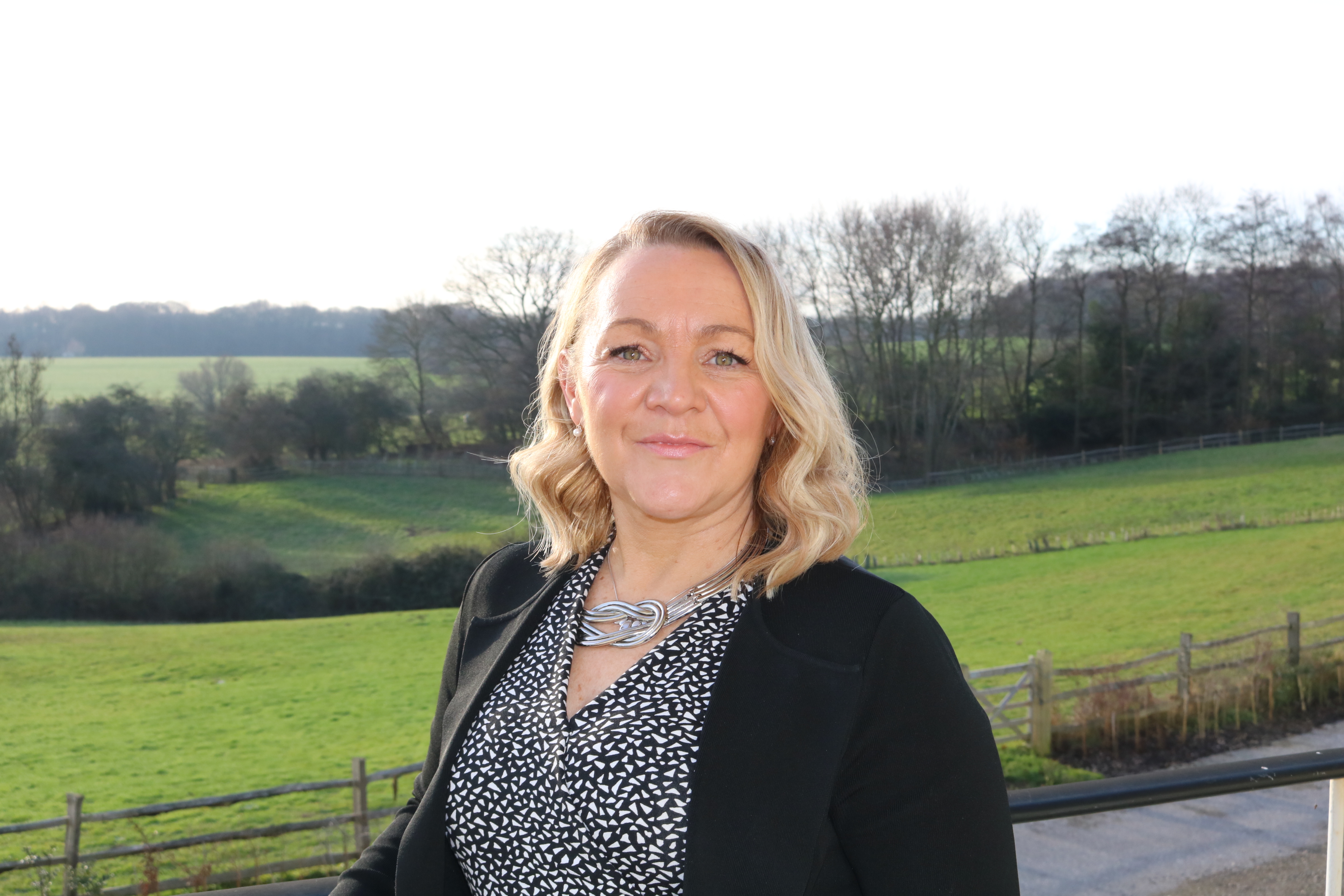Can you take paracetamol on an empty stomach? What the experts say
The expert advice on whether you can take paracetamol on an empty stomach


Parenting advice, hot topics, best buys and family finance tips delivered straight to your inbox.
You are now subscribed
Your newsletter sign-up was successful
We asked the experts the question 'can you take paracetamol on an empty stomach?' and their advice on how and when to take the painkiller.
Maybe you want to get rid of a headache fast, you're looking for some breastfeeding pain relief, or you can feel a cold coming on and need a remedy for a sore throat. Whatever it is, most of us will reach for paracetamol when we're struggling with aches and pains, but many wonder whether you can take paracetamol on an empty stomach.
While some medication, such as anti-inflammatories, are recommended to be taken after or with food, painkillers can be a grey area. And it's not always possible to eat beforehand when you're in need of some quick relief. Advance Clinical Practitioner and Pharmacist Sakib Mohammed says "Paracetamol packaging often recommends taking the drug with water. This is because research has found that water can help medicine travel from your mouth to your stomach and small intestine faster, which can result in a faster speed of absorption." This means that yes, you can take paracetamol on an empty stomach. Keep reading to find out the details on dosage, uses and more...
Can you take paracetamol on an empty stomach?
Yes, you can take paracetamol on an empty stomach. The NHS have confirmed that it is safe to take paracetamol on an empty stomach, but it is important to note that this can't be done with ibuprofen.
In fact, a 2015 study published in the British Journal of Pharmacology found that taking paracetamol with food may actually make the painkiller less effective. Pharmacist Sakib Mohammed says "You don't have to worry about eating before taking paracetamol, it's just ibuprofen which can lead to stomach problems if taken without food. As long as you're taking the recommended dose, your typical shop-bought paracetamol is absolutely fine to be taken without food."

It is worth remembering that while paracetamol is safe to take on an empty stomach, painkillers such as ibuprofen and aspirin must be taken after food. Abbas Kanani, lead pharmacist at Chemist Click, explains "Paracetamol can safely be taken on an empty stomach because, unlike ibuprofen and aspirin, paracetamol does not irritate the stomach lining."
How often can you take paracetamol? Daily limit
The current recommended dose is to take 1-2 tablets up to 4 times a day. Although Dr Paul Ettlinger, a GP at The London General Practice, adds "As this is the adult dose, it will depend on age and weight."
Parenting advice, hot topics, best buys and family finance tips delivered straight to your inbox.
The National Institute for Health and Care Excellence (NICE) offers further guidance on their website around giving paracetamol. For example, they recommend that children aged 8-9 take 360–375mg every 4–6 hours, while children aged 12-15 can take 480–750mg every 4–6 hours.
Cheryl Lythgoe, matron at Benenden Health, offers a reminder: "Do check the label for children’s doses as home-use amounts are based on age."
Carolina Goncalves, superintendent pharmacist at Pharmica adds "Paracetamol is the first choice of recommended painkiller for pregnant women, but it should be taken in the lowest possible dose that’s necessary for you, and should be used for the shortest amount of time possible."
Exceeding the recommended dose can be dangerous, and Abbas Kanani explains that paracetamol overdose is one of the leading causes of liver failure. He says "If you experience vomiting or abdominal pain after taking the medication, you should seek medical attention immediately."
Sakib Mohammed adds "You should never take paracetamol for more than 5 days in a row, unless your doctor has specifically instructed you to do so."
What can paracetamol be used for?
Paracetamol can be used to ease mild to moderate pain and to help reduce temperature when suffering with a fever, according to Dr Paul Ettlinger.
He adds "For sore throats it’s best to take soluble paracetamol and gargle with it."
Cheryl Lythgoe explains that the uses for paracetamol are numerous, saying "Paracetamol is often undervalued for it’s range and efficacy of use – people presume that a medication that costs pence can’t be flexible or effective. However, paracetamol definitely is. It’s great at managing all manner of pain, from toothache to period pains, headaches to backaches, paracetamol is very effective."
However, a 2021 study published in The Medical Journal of Australia found that while paracetamol is often effective in relieving pain from headaches, stiff joints and other conditions, paracetamol may not be effective in treating acute low back pain.

How long does it take for paracetamol to work?
Abbas Kanani says "It can take up to an hour for paracetamol to start providing pain relief and should last for four to six hours."
While Sakib Mohammed says the same, he also explains "This varies depending on a wide range of factors, such as your weight, whether or not you drank fluid with the medicine and even the temperature of the water you take it with, as previous studies have found that hot drinks provide faster absorption of paracetamol when compared with cold ones."
Cheryl Lythgoe adds that if you take the painkiller in a soluble or suppository form it can work faster.
When should you not take paracetamol?
Dr Ettlinger says you should avoid paracetamol if you suffer with kidney or liver disease, or are a heavy alcohol drinker. He adds that other medications - such as cold and flu tablets - may contain paracetamol, "so always check the ingredients as you mustn’t double dose."
In addition, a 2022 study published in the scientific journal Circulation found that regular intake of paracetamol can increase blood pressure, so those who already suffer with high blood pressure may need to exercise caution.
Cheryl Lythgoe says "Always check with your pharmacist or GP if you have any changes to your medication or health - not forgetting herbal medications too - before taking paracetamol on a regular basis.
"Also, if your symptoms aren’t resolving or getting worse, or you get any skin rashes or stomach symptoms, it’s important to discuss these with your doctor," she adds.
Video of the week:

Click2Pharmacy owner Sakib Mohammed has over 17 years’ experience as a qualified Pharmacist and Advanced Clinical Practitioner. After qualifying as a pharmacist in 2005 and graduating from his Master’s of Pharmacy in 2015, Mr Mohammed has spent the last 17 years providing medical advice and support for a wide range of patients. Working in GP practices and as clinical practitioner at a walk in centre, he regularly helps treat patients that suffer from a wide range of health issues, from allergies to sexually transmitted infections, nutrient deficiencies and more.

Abbas graduated as a pharmacist in 2013 and spent the first 3 years working for high street multiples, including a senior management role with the largest multinational pharmacy in the UK. In 2017, he qualified as an independent prescriber, spending time working in a primary care setting. He then assumed a consulting role within the NHS, providing advisory services on cost savings and clinical efficiencies. He has been within Chemist Click since the very start and continues to play an integral role within the team.

Dr Paul Ettlinger is a fellow of the Royal College of General Practitioners and holds a Postgraduate Diploma in Obstetrics and Gynaecology and in Occupational Health. He has a particular interest in preventative medicine and men’s health. As part of the occupational health duties, he provides assessments for several companies and their employees.

Cheryl Lythgoe is an Advanced Nurse Practitioner who has a wealth of experience in diagnosing and managing many health conditions. During her years in Primary Care, Cheryl also managed large multi-disciplinary teams; providing training, education, peer support and clinical guidance. Additionally, she has worked alongside Clinical Commissioning Groups and general practice providers to meet the challenges set by the Care Quality Commission (CQC).

Ellie is GoodtoKnow’s Family News Editor and covers all the latest trends in the parenting world - from relationship advice and baby names to wellbeing and self-care ideas for busy mums. Ellie is also an NCTJ-qualified journalist and has a distinction in MA Magazine Journalism from Nottingham Trent University and a first-class degree in Journalism from Cardiff University. Previously, Ellie has worked with BBC Good Food, The Big Issue, and the Nottingham Post, as well as freelancing as an arts and entertainment writer alongside her studies. When she’s not got her nose in a book, you’ll probably find Ellie jogging around her local park, indulging in an insta-worthy restaurant, or watching Netflix’s newest true crime documentary.